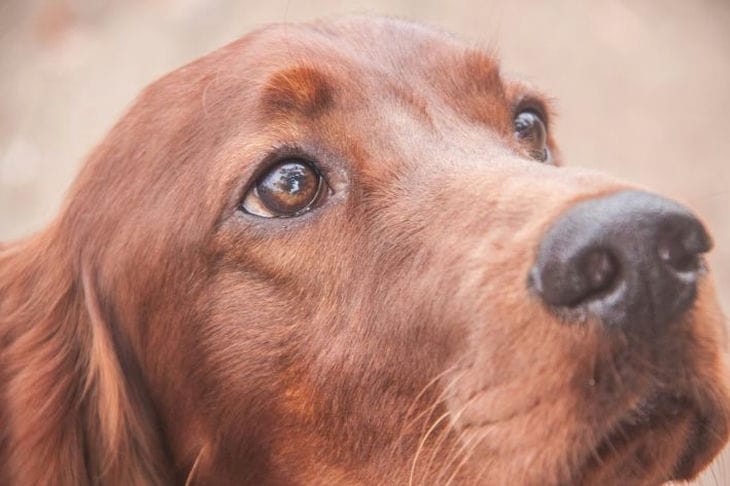Taking care of a pet is a responsibility that a person who decides to have an animal bears. There are many things to watch for, including changes in behavior and appearance.
Sometimes a person notices that a dog has a pale nose. This can cause concern and anxiety, but there is no need to panic, as this sign rarely indicates a serious danger to the animal's health.
The nose can become lighter for several reasons.
Reason one: genetic
Some dogs have naturally light noses. There's nothing you can do about it. Find out what noses your dog's parents and littermates have. If there are any with pale noses, then the reason is genetic.
Reason two: too much sun
If a dog lies in the sun, its nose may turn pale due to increased temperature and loss of moisture. If the dog is constantly exposed to the scorching sun, the nose may even fade, as well as the fur.

Reason three: lack of sun
If your nose turns pale in winter, it's most likely due to a lack of sunlight. In the spring, everything will return to normal.
Reason four: illness
If the dog's nose is pale for reasons other than natural causes, it may be a sign of illness. For example, a pale nose may be caused by anemia, when the dog does not have enough red blood cells. It is also one of the symptoms of heart disease, circulatory or breathing problems. If the dog is already old or has had health problems since childhood, you should contact a veterinarian for an examination. The doctor will conduct an examination and, if necessary, recommend additional tests, such as a blood test. If the nose is pale due to illness, the doctor will prescribe treatment, which may include medications or dietary adjustments.
Reason five: unbalanced diet
A lack of vitamins or microelements can cause a pale nose. Make sure your pet is getting everything it needs from its food. If you are not sure, consult a nutritionist to recommend a vitamin and mineral complex or to create the right diet for your pet.
To prevent health "surprises" and not to panic when you see a pale nose on your dog, you need to constantly monitor its health. It is important to regularly conduct checkups with a veterinarian, monitor the dog's diet and physical activity, and provide it with enough water, especially in the summer.








